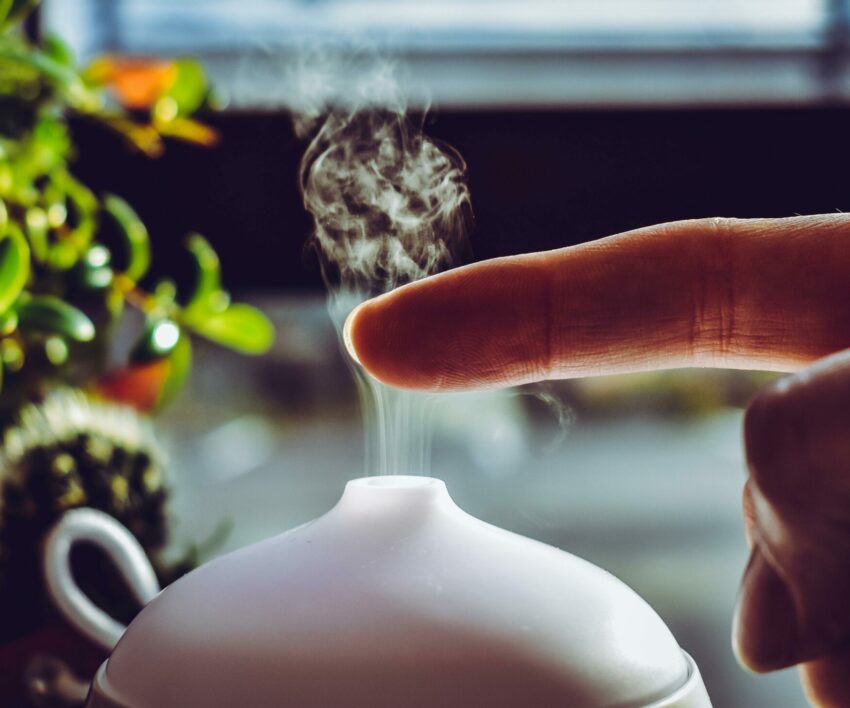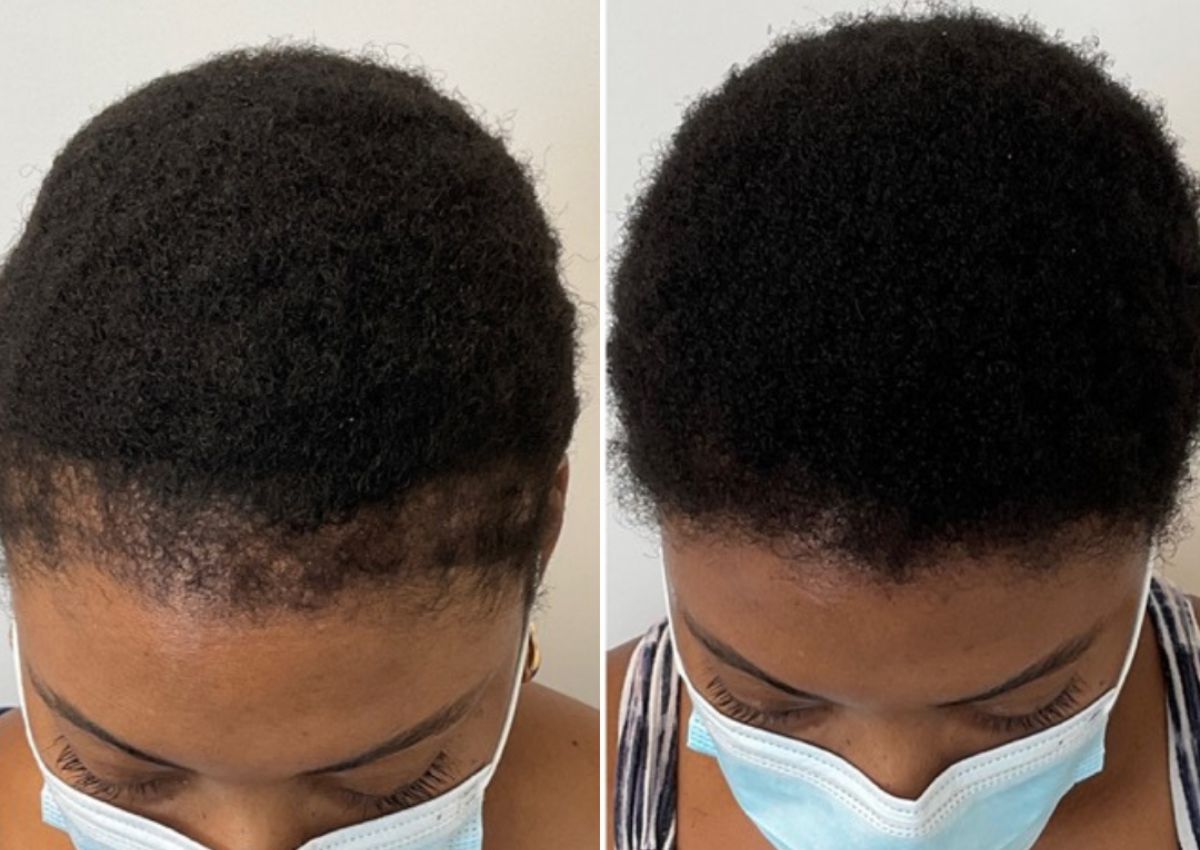humidifier: picture: pexels
On those dry, dusty days when the air feels like it’s been baked in an oven, anyone with asthma knows the struggle is real. Breathing becomes a conscious effort, your chest tightens, and your trusty inhaler is suddenly your BFF. However, what if relief could come from something as simple as a little mist in the air?
According to the Cleveland Clinic, dry indoor air can irritate the airways, making asthma symptoms worse—think coughing, wheezing, and a tight chest. That’s where humidifiers may come in clutch. By adding moisture to the air, these gadgets can help keep nasal passages and lungs hydrated, potentially easing breathing for some asthma sufferers, claims the above source.
Of course, it’s not a one-size-fits-all miracle. Too much humidity (think over 50%) can actually make things worse, especially during summer, when mould and dust mites thrive in moist environments. The Asthma and Allergy Foundation of America warns that overdoing the humidity can trigger symptoms instead of soothing them.
The safest point is between 30% and 50% humidity, according to the above foundation. It is also stated that you can keep track with a hygrometer—a thermometer for moisture.
And don’t forget to clean your humidifier like it’s your toothbrush. A dirty device can become a breeding ground for bacteria and fungi—definitely not the vibe you want to be breathing in.
Now, the real question is, can a humidifier help with asthma? Possibly, especially if dry air is part of your triggers, according to Healthline. I think it’s probably a different strokes for different folks type of thing because when my asthmatic friend tried using a humidifier in our room, she said it makes her cough more than she usually does, meaning it was a bit choky.
So maybe think of it less like a cure, and more like an extra player on your asthma management team—quietly misting in the background while you get on with life, one deep breath at a time, and mostly finding what works for you more in terms of scents and humidity.
Also see: Reasons why your asthma might be triggered this season














